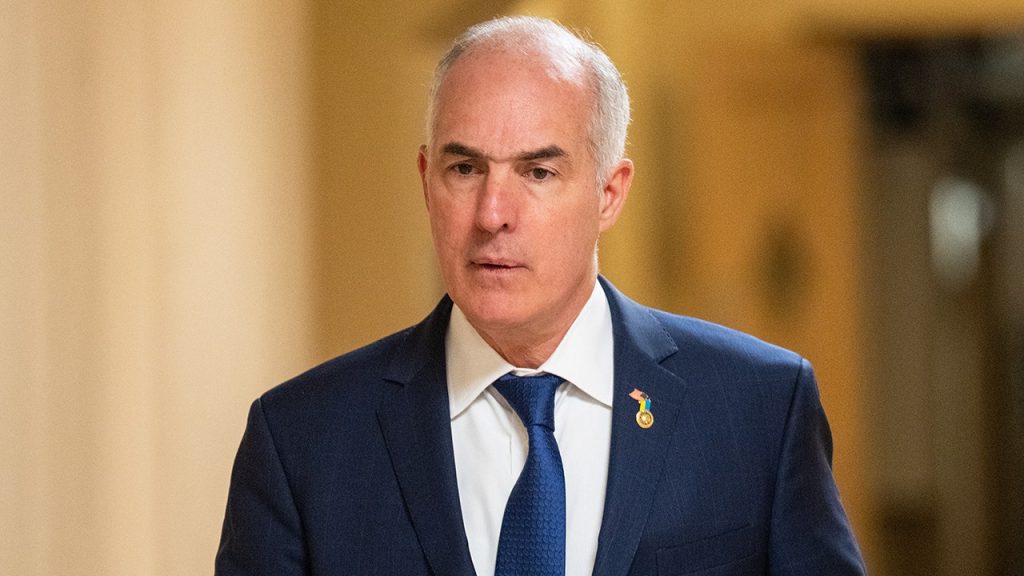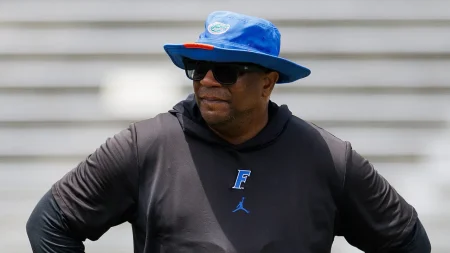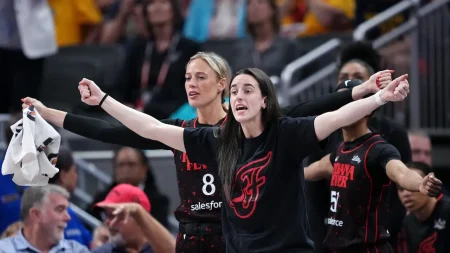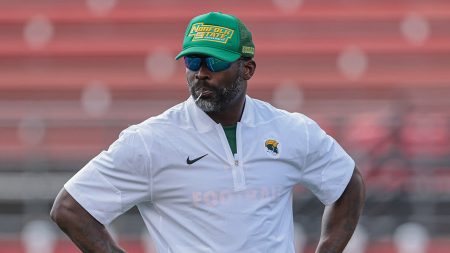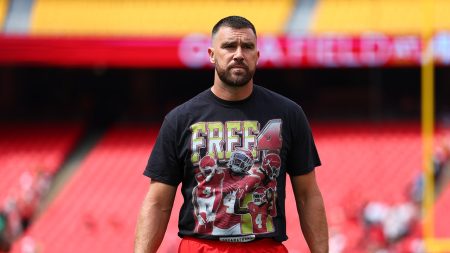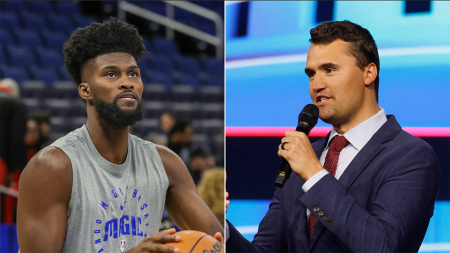Sen. Bob Casey of Pennsylvania has expressed his support for transgender females being able to compete in sports against athletes of the same gender they identify as, stating that concerns over biological males’ participation in female sports are overgeneralized and based on unfounded assumptions. Casey believes that all young people should have the opportunity to enjoy recreational sports and have their personal dignity respected, particularly transgender youth who face a disproportionate risk of bullying, harassment, and violence. He argues that allowing transitioning youth to participate in athletics in their affirmed gender can provide social and psychological benefits, and that inclusive and informed guidance should be created to allow all students to flourish.
In 2021, the British Journal of Sports Medicine published a study that found transgender women maintain an advantage over biological women even after a year of hormone therapy treatment. Dr. Timothy Roberts, the director of the adolescent medicine training program at Children’s Mercy Hospital in Kansas City, Missouri, suggested that two years of hormone therapy may be more realistic in leveling the playing field between transgender and cisgender women in elite level sports. The National Association of Intercollegiate Athletics (NAIA) recently banned transgender athletes from competing in women’s sports, citing the need to ensure fair and safe competition for all student-athletes and comply with Title IX regulations that guarantee separate and equal opportunities for female athletes.
While Sen. Casey’s office did not immediately respond to a request for additional comment on his stance on transgender athletes in sports, his letter emphasizes the importance of supporting all young people in enjoying recreational sports and having their personal dignity respected, regardless of their gender identity. The letter suggests that transitioning youth face significant obstacles and challenges, and that inclusive and informed guidance should be created to allow them to participate in sports in their affirmed gender. Casey’s views align with efforts to create a more inclusive and welcoming environment for transgender individuals in sports.
The issue of transgender athletes in sports has been a topic of debate and controversy, with concerns raised about the potential advantages that transgender individuals may have over their cisgender counterparts. The NAIA’s decision to ban transgender athletes from competing in women’s sports reflects a broader conversation about the need to balance inclusion and fairness in sports. While some argue that transgender women may maintain a physical advantage over biological women, others argue that transgender individuals should have the right to compete in sports according to their affirmed gender identity.
As the discussion around transgender athletes in sports continues, it is important to consider the perspectives of all stakeholders involved. While some believe that guidelines and regulations should be put in place to ensure fair competition, others advocate for a more inclusive and supportive approach that recognizes the rights and dignity of transgender individuals. By balancing concerns about competitive fairness with the need to create a welcoming and affirming environment for all athletes, sports organizations and policymakers can work towards creating a more inclusive and equitable sports community for everyone, regardless of gender identity.




